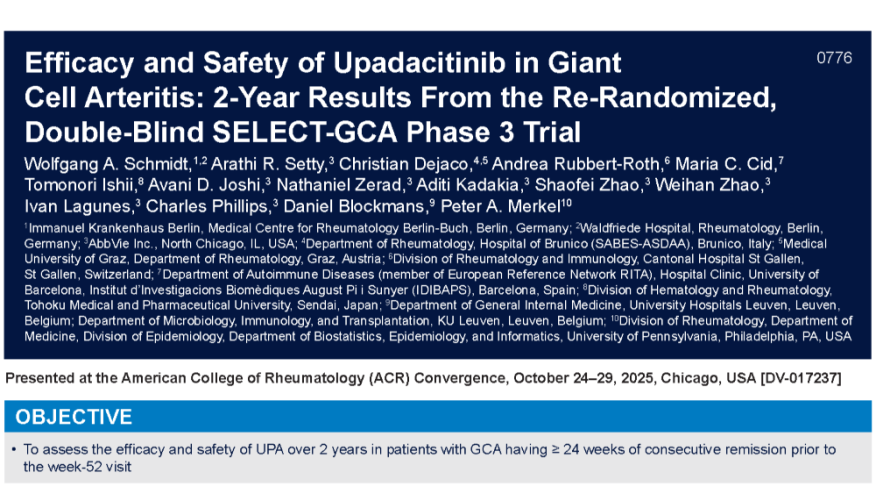Efficacy of Biologics in Patients with Chronic KIdney Disease Save

A retrospective cohort study of biological disease-modifying antirheumatic drugs (bDMARDs) persistence in rheumatoid arthritis (RA) patients with chronic kidney disease (CKD), shows the 3 year survicval to be under 50% but that all studied biologics were nearly equivalents with regard to safety and efficacy.
This retrospective study included 425 RA patients initiating their first bDMARDs (between 2004 to 2021); these biologics included TNFα inhibitors (TNFi), interleukin-6 inhibitors (IL-6i), or abatacept (ABA). The primary outcome was the 36-month drug retention rate, with secondary outcomes including changes in Disease Activity Score 28 (DAS28)-C reactive protein (CRP)/erythrocyte sedimentation rate (ESR), prednisolone dosage and reasons for discontinuation.
All three biologics were shown to be effective and improved DAS28-CRP/ESR and reduced prednisolone doses.
The 36-month drug retention rates are shown below and categorized by the patients estimated glomerular filtration rate (eGFR) (≥60, 30–60, <30 mL/min/1.73 m2).
eGFR mL/min/1.73 m2 | |||
>60 | 30-60 | <30 | |
| All | 45.2% | 32% | 41.4% |
| TNFi | 45.3% | 28.2% | 34% |
| IL-6i | 47.8% | 66.7% | 71.4% |
| ABA | 50% | 31.3% | 33.3% |
For those with normal eGFR (>60 ml/min) the retention rates were similar (45-50%). Overall patients with CKD (eGFR <60) had lower bDMARD retention (30-40%) at 3 years, yet patients on IL-6 inhibitors with renal impairment had higher retention rates (66-71%). IL-6i treated patients had the highest retention rate and the lowest discontinuation rate due to ineffectiveness (HR 0.11, 95% CI 0.02 to 0.85, p=0.03).
Managing RA patients with CKD is challenging due drug limitations (MTX, NSAIDs), comorbidities and to increased infection risks. While these data suggest the utility of TNFi, IL-6i and ABA in CKD patients, the 3 year retention rates are not impressive, may be worse in CKD patients, but not significantly decrease even as CKD progresses.
More research is needed to establish a potential efficacy and safety advantage when using IL-6 inhibitors in RA patients with CKD.











If you are a health practitioner, you may Login/Register to comment.
Due to the nature of these comment forums, only health practitioners are allowed to comment at this time.